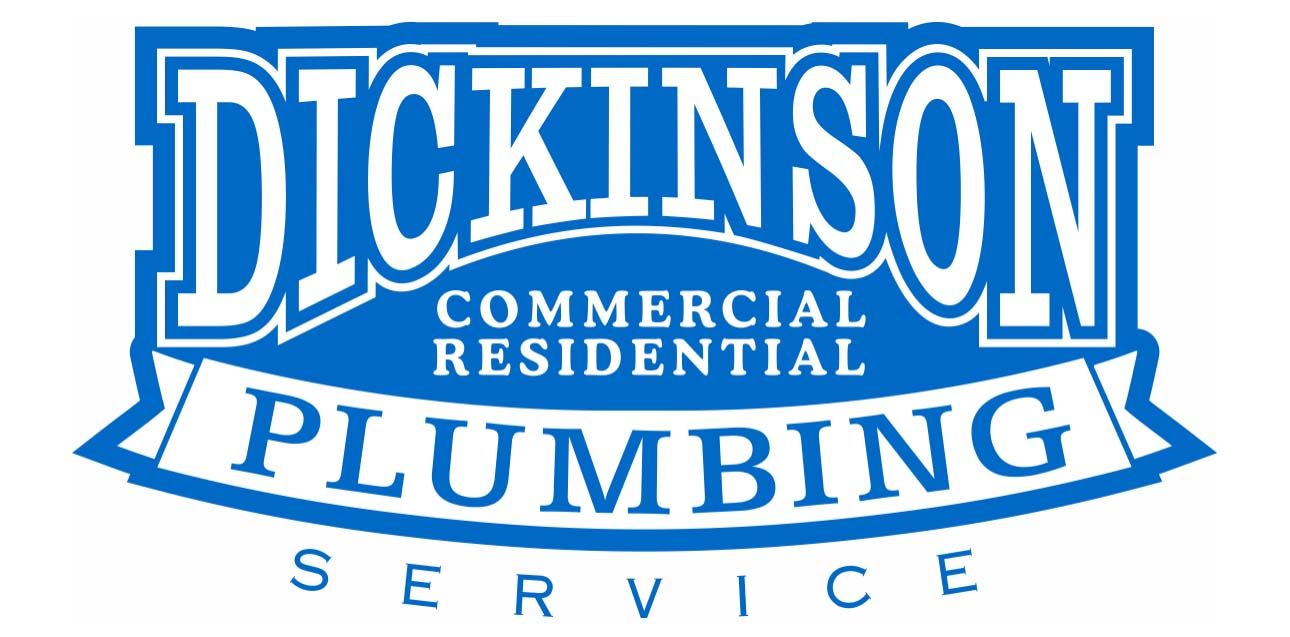Still Locally Owned & Operated.
Over time, the pipes in your home can deteriorate for various reasons. Some homes, particularly older ones, may have outdated piping materials like lead that are no longer considered safe. If you are having persistent problems with your pipes or aren’t sure what your pipes are even made of, it may be time to consider a repipe.
Our experienced team is ready to inspect your home’s plumbing system and determine whether a repipe is necessary. Our plumbers are dedicated to delivering quality workmanship and customer satisfaction. We use the latest plumbing technology and techniques to complete repiping projects efficiently, safely, and to the highest standards.
What Causes Pipe Damage?
Several factors can contribute to the deterioration of your home’s piping system. Whether it's due to natural wear and tear over time or more abrupt external influences, understanding what is contributing to the deterioration of your home’s plumbing infrastructure can help you set your new piping up for success. Our Atlanta repiping services include help identifying what is behind damage to your existing plumbing infrastructure so that we can help you avoid future issues.
Some of the most common causes of pipe damage include:
Corrosion
Corrosion is a major culprit behind pipe damage in many homes. Metal pipes, especially those made from galvanized steel or iron, are particularly prone to rust and corrosion due to prolonged exposure to water and oxygen. This process gradually weakens the pipe walls, making them more susceptible to leaks and structural failure. Several factors can accelerate corrosion, including water that's highly acidic or alkaline, certain dissolved minerals, and the presence of electrochemical reactions. These weakened pipes can impact the water quality, introduce harmful metals into your home’s water supply, and eventually require extensive repairs or replacements to prevent significant water damage.
High Water Pressure
While strong water pressure may seem like a convenience, it can actually be detrimental to your plumbing infrastructure. Excessive water pressure places undue stress on pipes, fittings, and fixtures, accelerating wear and tear and increasing the likelihood of leaks and ruptures. In some cases, sudden surges in water pressure, often triggered by the municipal water supply, can cause immediate damage to your pipes. Installing a pressure regulator can help maintain a safe and steady flow, protecting your pipes from the strain of high-pressure water and prolonging their lifespan.
Freezing Temperatures
Pipes are highly vulnerable to freezing temperatures, which can lead to extensive damage if not properly insulated. When water within your pipes freezes, it expands, building pressure within that can cause your pipes to crack or burst. This is particularly problematic for pipes located in unheated areas such as basements, attics, or exterior walls. The risk of pipe bursts and subsequent water damage increases dramatically during prolonged periods of cold weather. Preventative measures, such as insulating your pipes and maintaining a consistent indoor temperature, can help reduce this risk and preserve the integrity of your plumbing system
Mineral Build-up
Hard water, which has a high concentration of dissolved minerals like calcium and magnesium, is one of the main causes of mineral build-up, or scaling. These minerals can accumulate on the interior surfaces of pipes, restricting water flow and causing increased pressure. This build-up not only reduces the efficiency of the plumbing system but also leads to potential blockages and compromised structural integrity. Regular maintenance and the use of water softeners can mitigate this problem.
Poor Installation
Poor installation is a frequent cause of early pipe failure. Inadequately installed pipes may suffer from incorrect alignments, insufficient sealing, or the use of substandard materials, all of which can lead to persistent leaks, material fatigue, and eventual structural breakdown. Certified plumbers can confirm that your pipes are properly fitted and meet industry standards, reducing the risk of future damage.
